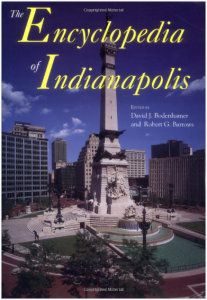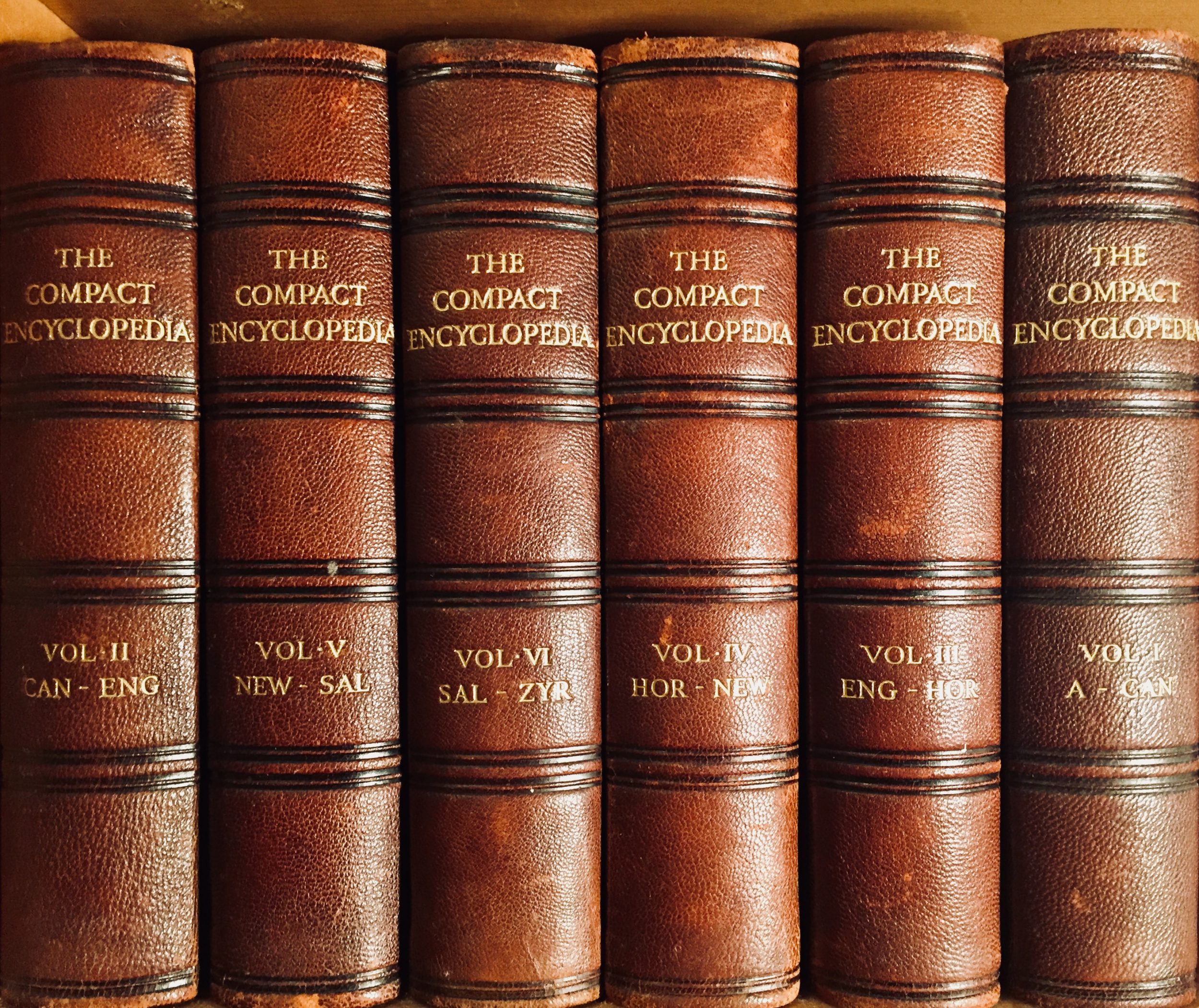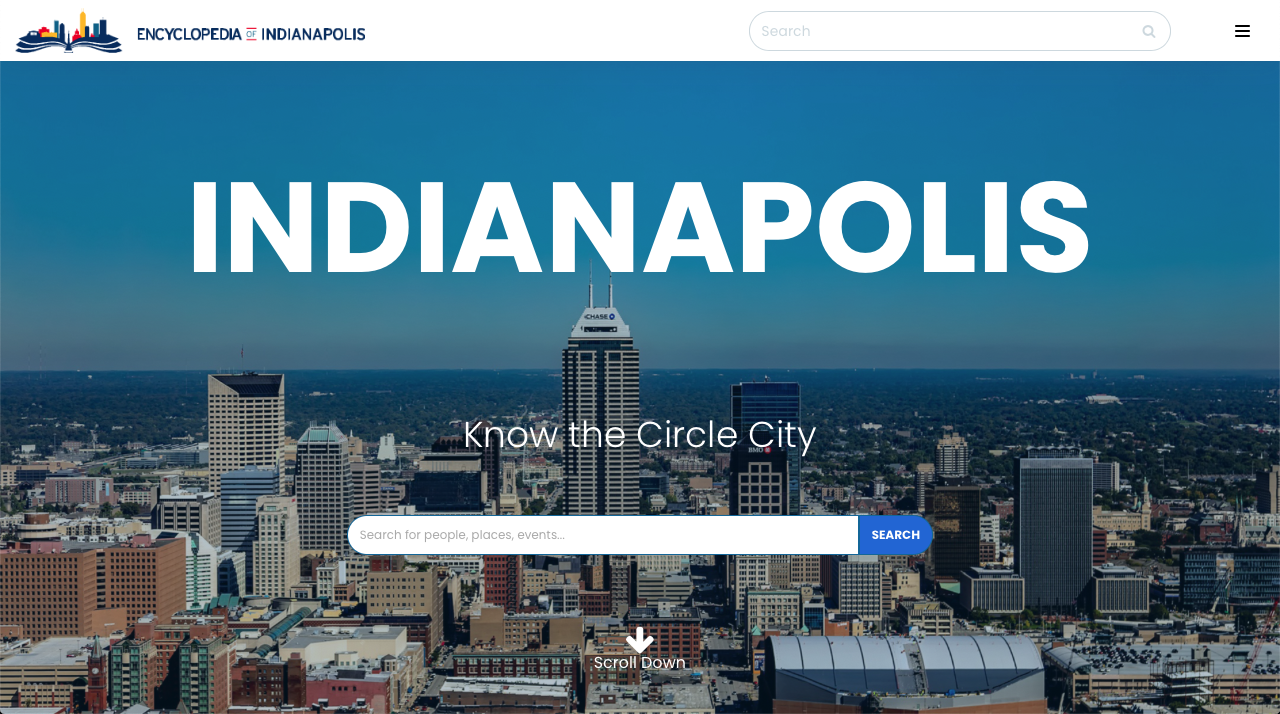
In 1994, we published a 1,600-page encyclopedia that provides a comprehensive social, cultural, economic, historical, political, and physical description of Indianapolis. This work—the standard reference volume for information about the city—provides photographs, an abbreviated timeline, a statistical abstract, and interpretive essays. Featuring the work of 485 community and academic experts, the encyclopedia also includes information on the 8 counties that comprise the Indianapolis Metropolitan Area. Hailed as a national model for urban encyclopedias, it is available for purchase through a number of different sources including Amazon and Google Books.
We have updated this resource and developed the digital Encyclopedia of Indianapolis. A product of the Indianapolis bicentennial effort (2020–21), the Digital Encyclopedia of Indianapolis integrates and accesses the explosion and fragmentation of knowledge created both as born-digital information and as a large new digital archive. The project launched in November 2021.
The digital Encyclopedia of Indianapolis is the hub of an innovative knowledge environment, linking a variety of digital resources. It enables a sustainable combination of the city’s digital resources accessible across desktop and mobile devices. This resource is an asset in various placemaking and redevelopment initiatives.
The encyclopedia portion of the platform initially focuses on a revised and updated version of The Encyclopedia of Indianapolis (1994). It features entries, timelines, images, thematic exhibits, neighborhood profiles, statistical information, maps, and a host of other elements made possible by new technologies, all discoverable by time, place, and topic. It also is available in mobile as well as desktop versions. Users have opportunities to comment on entries, to suggest new topics, and to provide information to enrich knowledge about a subject.
The founding partnership includes the Indianapolis Public Library, the Indiana Historical Society; Indiana Humanities; the IUPUI University Library; the Institute for Civic Leadership/Mayoral Archives, University of Indianapolis; the Indiana Archives and State Records Commission; the Indiana Historical Bureau/Indiana State Library; Indiana Landmarks; and Butler University.
Learn more here.



